.png)
Choosing the right path for addiction recovery is one of the most critical decisions an individual and their family can make. Faced with rising costs and sometimes limited options, many are now looking beyond traditional borders. This guide offers an in-depth comparison of addiction treatment in the United States versus Costa Rica, focusing on key aspects like costs, treatment philosophies, privacy, and long-term success. Our goal is to provide clear, actionable insights to help you make an informed decision on your journey to lasting sobriety.
Navigating Your Recovery Journey: United States or Costa Rica?
The United States boasts a vast and diverse landscape of addiction treatment centers, from high-end luxury rehabs to state-funded programs, offering a wide array of evidence-based therapies. However, concerns about high costs, insurance limitations, and a desire for greater privacy often lead individuals to explore international options.
Costa Rica has emerged as a compelling alternative for those seeking effective and affordable addiction treatment. Renowned for its stunning natural beauty, emphasis on holistic well-being, and a growing number of world-class facilities, Costa Rica offers a unique environment for healing. Patients can find tranquility, anonymity, and often a more personalized approach to recovery amidst lush rainforests or serene coastlines. The choice between these two destinations hinges on individual priorities regarding budget, desired treatment environment, privacy, and specific therapeutic approaches.
Addiction Treatment in US vs. Costa Rica: A Detailed Comparison
Key Capabilities in Addiction Recovery: US vs. Costa Rica
United States Key Capabilities
The US addiction treatment landscape is characterized by its vastness and variety, catering to almost any need or preference. Key strengths include a highly regulated environment, ensuring a baseline of quality care through accreditations like JCAHO and CARF. Patients have access to a wide range of specialized programs, including dual diagnosis treatment, specific substance-focused therapies, and diverse therapeutic modalities like CBT, DBT, and EMDR. Insurance coverage, while complex, is generally more accessible for domestic treatment. The proximity to family and established support networks is also a significant advantage for many seeking recovery.
The US offers robust aftercare planning, including extensive outpatient programs, sober living communities, and a broad network of 12-step and alternative support groups, making transitions back to daily life more manageable. Specialized treatment for co-occurring mental health disorders is also a strong point, with integrated care models becoming standard.
Costa Rica Key Capabilities
Costa Rica excels in providing a unique, immersive, and often holistic recovery experience. Its primary strengths lie in offering highly personalized care within serene, natural environments that foster peace and healing. Many Costa Rican facilities integrate traditional evidence-based therapies with a strong emphasis on holistic well-being, utilizing the country's biodiversity for therapies like surf therapy, equine therapy, and eco-therapy. This approach often promotes a deeper connection to self and nature, which can be profoundly therapeutic for individuals in recovery.
Affordability is a major draw, allowing for longer treatment stays or access to luxury amenities at a fraction of US costs, making comprehensive addiction recovery more accessible. The country also provides a high degree of privacy, allowing individuals to step away from their daily triggers and obligations to focus entirely on healing. The medical professionals are often internationally trained and bilingual, ensuring high-quality clinical care. Costa Rica’s tranquil setting and "Pura Vida" philosophy offer a refreshing backdrop for profound personal transformation, addressing body, mind, and spirit.
Addiction Treatment in the United States - Pros and Cons
Pros of US Addiction Treatment
- Extensive Options: A wide range of programs, from luxury to basic, secular to faith-based, catering to diverse needs and budgets.
- Proximity to Support Networks: Easier access for family involvement, visitation, and integration back into local support groups.
- Robust Regulation & Accreditation: High standards of care often enforced by national and state regulatory bodies, offering peace of mind.
- Insurance Coverage: While complex, insurance is often accepted, reducing out-of-pocket costs for many.
- Specialized Programs: Abundance of programs for dual diagnosis, specific demographics, or co-occurring disorders.
- Comprehensive Aftercare: Strong emphasis on outpatient care, sober living, and long-term recovery support in the local community.
Cons of US Addiction Treatment
- High Costs: Often prohibitively expensive without comprehensive insurance, leading to financial strain.
- Insurance Limitations: Coverage can be restrictive, requiring extensive pre-approvals or limiting choice of facilities/duration.
- Lack of Anonymity: For some, staying in their home country can compromise privacy, especially for public figures.
- Environmental Triggers: Proximity to home can make it easier to leave treatment prematurely or encounter triggers during recovery.
- Limited Holistic Focus: While available, holistic therapies might not be as central to the treatment philosophy compared to international options.
Addiction Treatment in Costa Rica - Pros and Cons
Pros of Costa Rica Addiction Treatment
- Significant Cost Savings: High-quality treatment often at a fraction of the cost in the US, making longer stays more feasible.
- Enhanced Privacy & Anonymity: Distance from home offers a fresh start away from public scrutiny and triggers.
- Holistic & Nature-Based Healing: Programs deeply integrate natural surroundings and alternative therapies for comprehensive well-being.
- Immersive Healing Environment: Tranquil settings promote introspection, stress reduction, and a focus on self-care.
- Personalized Attention: Often smaller client-to-staff ratios, leading to more individualized care plans.
- Travel & Cultural Experience: Opportunity to combine healing with a rejuvenating experience in a beautiful country.
Cons of Costa Rica Addiction Treatment
- Distance from Family: Geographical separation can make in-person family involvement more challenging.
- Travel Logistics: Requires international travel, which can be stressful for some, though clinics often assist.
- Aftercare Transition: May require more proactive planning for local aftercare and support groups upon returning home.
- Less Direct Regulation: While reputable clinics adhere to high standards, the regulatory framework differs from the US.
- Language Barrier: Though most international clinics have English-speaking staff, basic Spanish can be helpful for navigating outside the facility.
What to Expect: The Patient Experience in Recovery Abroad
The US Patient Experience
In the United States, the patient experience can vary dramatically based on the type and cost of the facility. Patients often choose a program based on insurance coverage or specific clinical needs, such as dual diagnosis or specialized trauma therapy. The recovery journey typically involves a structured schedule of individual and group therapy, psychoeducation, and skill-building workshops. Family involvement is generally encouraged and integrated into the treatment plan through therapy sessions or educational programs. Patients benefit from proximity to their existing support systems and ease of transitioning to local outpatient care, sober living, or alumni networks post-discharge. However, the familiarity of the environment can also be a challenge, as individuals may be exposed to previous triggers or social circles during early recovery.
The Costa Rica Patient Experience
The patient experience in Costa Rica is often defined by its tranquil, immersive, and holistic nature. Individuals are removed from the stresses and triggers of their home environment, allowing for a deep focus on self-discovery and healing. Days are typically structured with a blend of evidence-based therapies and holistic activities like yoga, meditation, mindfulness walks in nature, or even adventure therapies such as surfing or hiking. The emphasis is on reconnecting with oneself, building new coping mechanisms, and fostering overall well-being. The smaller, more intimate settings often allow for a stronger sense of community among patients and more personalized attention from staff. While family involvement might be remote, the focus is intensely on individual transformation within a supportive, serene setting.
Success Rates and Long-Term Recovery Factors
Defining "success" in addiction treatment is complex, as it encompasses sustained sobriety, improved mental health, and enhanced quality of life. Both the US and Costa Rica offer programs with strong potential for success, provided the individual is committed and the program is well-suited to their needs.
In the United States, success rates are heavily influenced by the continuum of care – how well individuals transition from inpatient to outpatient services, engage in aftercare, and utilize community support like 12-step programs. The immediate availability of these resources post-discharge is a significant advantage.
In Costa Rica, success often stems from the immersive and intense nature of the initial treatment, allowing for a profound break from old patterns. The healing environment and holistic approach contribute significantly to patients' overall well-being. However, individuals returning home from Costa Rica must be proactive in establishing strong local aftercare plans and support systems to maintain long-term recovery. Many Costa Rican facilities assist with remote aftercare planning, including telehealth sessions and connections to international alumni networks.
Ultimately, the most critical factors for long-term recovery include the individual's motivation, the quality and fit of the primary treatment program, effective relapse prevention strategies, and robust ongoing support.
Making Your Decision: Key Factors to Consider
Choosing between addiction treatment in the US and Costa Rica requires careful consideration of several personal and practical factors:
- Budget & Funding: How much are you willing and able to spend? Does your insurance cover international treatment? Costa Rica often presents a more affordable alternative for high-quality care, especially for longer stays.
- Desired Environment: Do you prefer a clinical, structured environment, or a more holistic, nature-immersed setting? Costa Rica offers unparalleled natural beauty for healing.
- Privacy Needs: Is anonymity a high priority? Traveling abroad can offer a significant degree of discretion.
- Family Involvement: How important is in-person family therapy or visitation? The US might offer easier access, though remote options exist for Costa Rica.
- Treatment Philosophy: Are you seeking a purely evidence-based medical model, or do you prefer a blend of traditional and holistic therapies? Costa Rica often excels in integrative approaches.
- Aftercare Planning: How will you manage post-treatment care? Both options require diligent planning, but international travel adds a layer of complexity for immediate local support.
- Travel & Logistics: Are you comfortable with international travel and potential language differences (though many Costa Rican clinics are bilingual)?
- Urgency: How quickly do you need to start treatment? Availability can vary in both locations.
Take time to research specific clinics, read reviews, and ideally, speak with treatment advisors who can help you navigate these important choices. Your unique journey to recovery deserves a treatment setting that empowers you to thrive.
Real Stories from Patients on Their Recovery Journey
Alex J., USA
"After years of struggling, I found a program in Costa Rica that truly resonated with me. The natural setting, combined with compassionate therapists, allowed me to heal in a way I never thought possible. The cost was also a huge relief compared to US options. I'm 18 months sober and thriving."
Sarah R., Canada
"My experience at a well-regarded rehab in California saved my life. While expensive, my insurance covered a significant portion, and being close to my family for weekly therapy sessions was invaluable. The structured aftercare they provided was essential for my first year of sobriety."
Michael G., UK
"I chose Costa Rica for its reputation for holistic healing and adventure therapy. Being able to surf and meditate daily, away from the pressures of home, helped me rediscover myself. The clinical team was fantastic, and I've maintained my recovery for two years now thanks to the foundation laid there."
Laura D., USA
"For my specific needs with dual diagnosis, a specialized center in Arizona was perfect. They had psychiatrists on staff and a very targeted approach to my co-occurring conditions. While the cost was substantial, the expertise and integrated care were worth every penny."
Frequently Asked Questions About Addiction Treatment Abroad
Is addiction treatment in Costa Rica as effective as in the US?
Yes, many addiction treatment centers in Costa Rica uphold high standards of care, often employing US-trained professionals and evidence-based therapies comparable to reputable facilities in the US. The effectiveness depends on the individual's commitment, the quality of the program, and comprehensive aftercare planning.
How much does addiction treatment in Costa Rica cost compared to the US?
Addiction treatment in Costa Rica is generally significantly more affordable than in the US, often saving patients 40-70%. While a 30-day inpatient program in the US can range from $15,000 to $60,000+, similar high-quality programs in Costa Rica might cost $6,000 to $25,000, including luxury and comprehensive options.
What types of addiction treatments are available in Costa Rica?
Costa Rican rehabs offer a wide range of treatments, including detoxification, individualized therapy (CBT, DBT), group therapy, family therapy, dual diagnosis treatment, and a strong emphasis on holistic approaches like yoga, meditation, surf therapy, equine therapy, and nature-based healing.
Do Costa Rican rehab centers offer privacy and anonymity?
Yes, many individuals choose Costa Rica for addiction treatment specifically for the heightened level of privacy and anonymity it offers. Being away from one's home environment and the discretion often maintained by international facilities can be a significant advantage for public figures or those seeking a highly private recovery journey.
How long should I plan to stay for addiction treatment in Costa Rica?
Treatment durations vary, but common inpatient programs are 30, 60, or 90 days. Longer stays are often encouraged in Costa Rica to allow for deeper immersion in the healing environment, comprehensive therapeutic work, and sustainable habit formation, maximizing the benefits of the international experience.
Are the medical staff in Costa Rica qualified to treat addiction?
Reputable addiction treatment centers in Costa Rica employ highly qualified and licensed professionals, including addiction specialists, therapists, psychologists, and medical doctors. Many have international training (e.g., from the US or Europe) and are bilingual, ensuring effective communication and high-quality care.
What are the legal requirements for traveling to Costa Rica for rehab?
For most nationalities, a tourist visa is sufficient for stays up to 90 days in Costa Rica, which covers the duration of most inpatient programs. Always check current visa requirements based on your nationality prior to travel. Clinics can often assist with necessary travel documentation.
Do Costa Rican rehab programs include holistic therapies?
Yes, holistic therapies are a cornerstone of many Costa Rican addiction treatment programs. These often include daily yoga, meditation, mindfulness practices, nutrition planning, adventure therapy (e.g., surfing, hiking), equine therapy, and leveraging the natural environment for therapeutic benefit.
What happens after I complete treatment in Costa Rica?
Successful Costa Rican rehabs provide robust aftercare planning, including relapse prevention strategies, remote therapy sessions, and connections to support networks back home. Some facilities have alumni programs. It's crucial to have a clear aftercare plan in place before leaving the center.
Can family members be involved in the treatment process in Costa Rica?
While distance can be a factor, many Costa Rican addiction treatment centers offer options for family involvement. This can include designated family therapy weeks, remote counseling sessions, or educational programs designed to help families support their loved one's recovery journey.
Ready to Begin Your Journey to Lasting Recovery?
Making the right choice for addiction treatment is a profound step towards a healthier future. Whether you lean towards the comprehensive options in the US or the serene, holistic approach of Costa Rica, PlacidWay is here to guide you.
Our dedicated Care Team specializes in connecting individuals like you with world-class, pre-vetted addiction treatment centers in both the United States and Costa Rica, along with other top destinations. We offer free, no-obligation consultations to help you compare personalized treatment packages, understand transparent pricing, and address all your specific questions. Let us handle the complexities of planning your recovery journey, so you can focus on what truly matters: your healing and well-being.



.png)


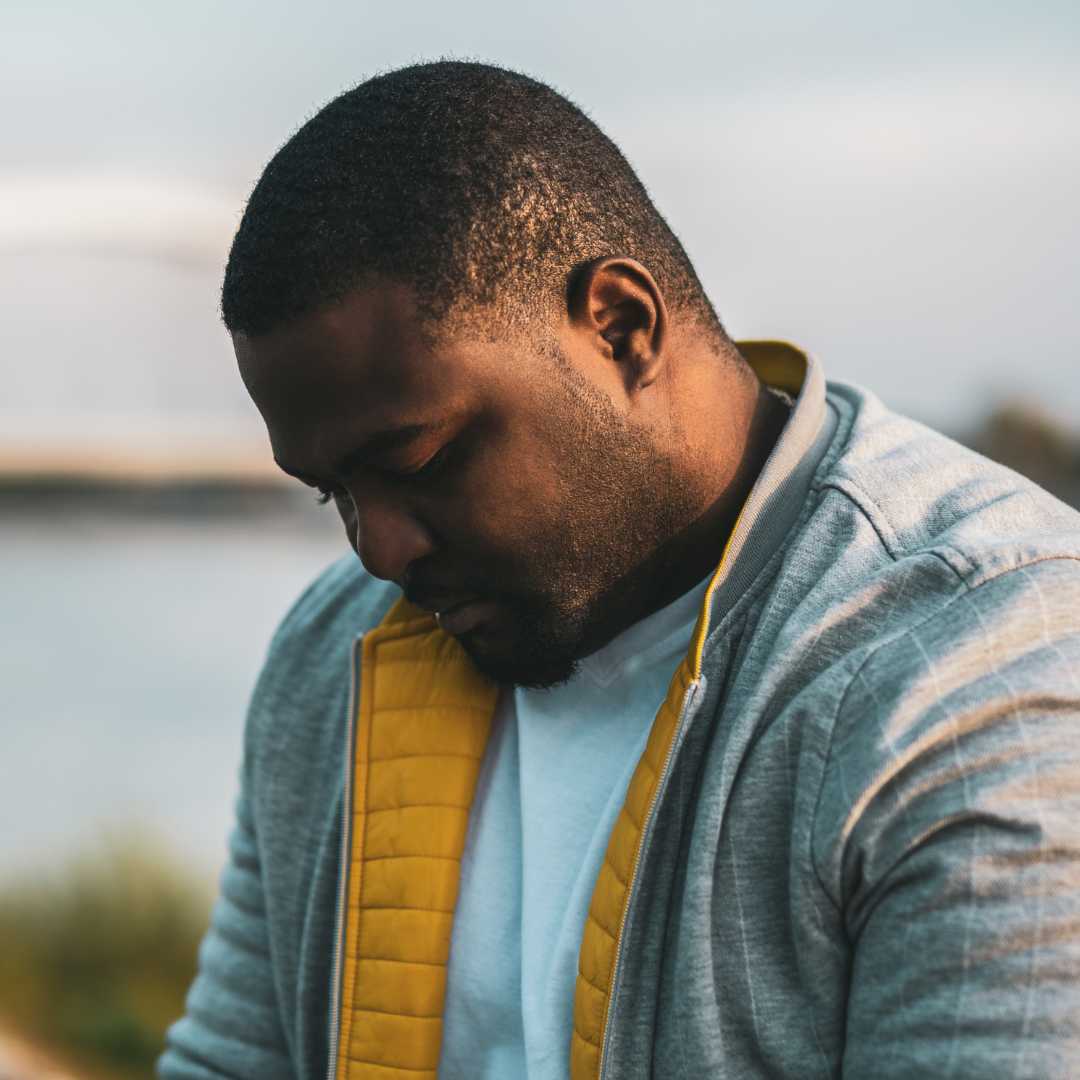


.png)


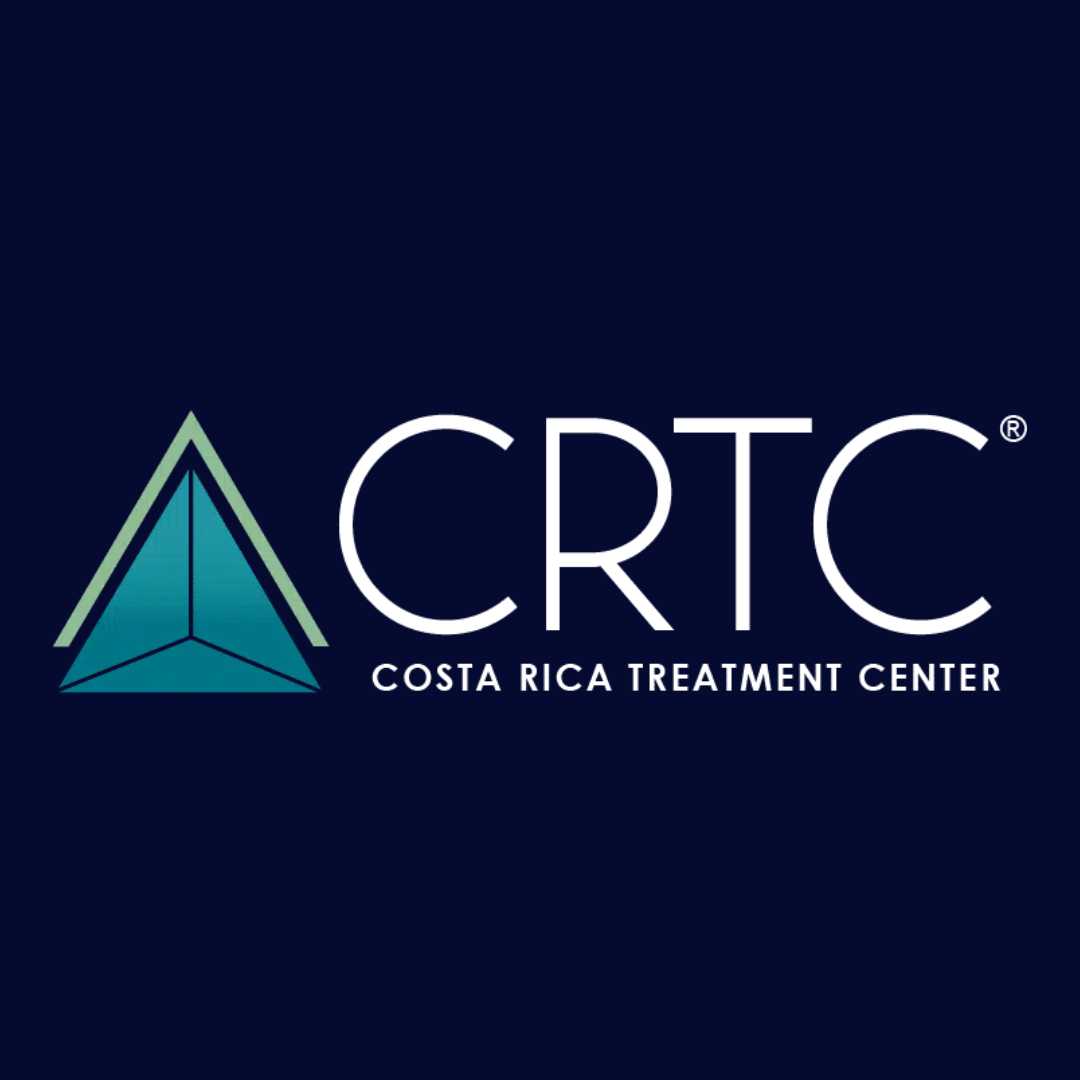
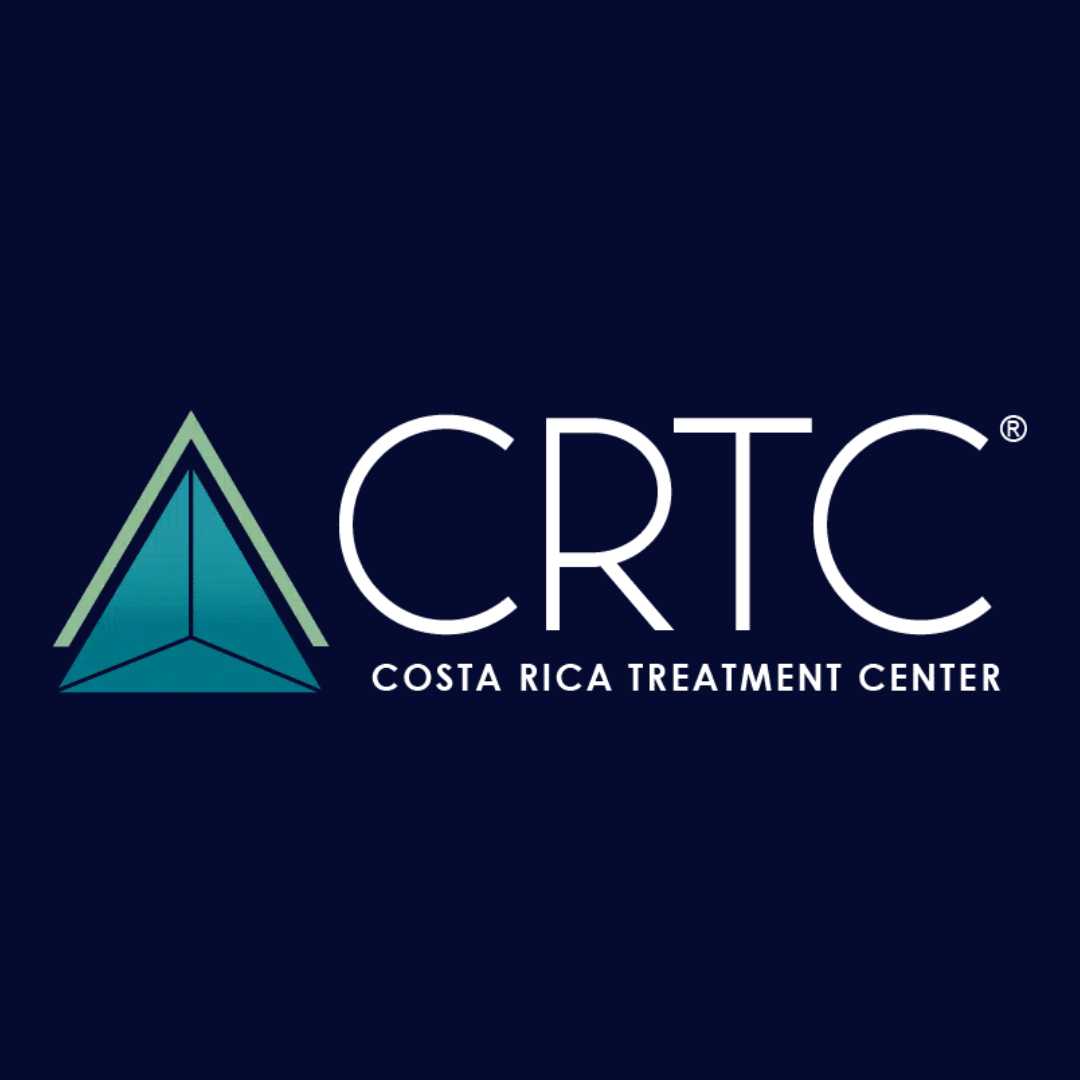
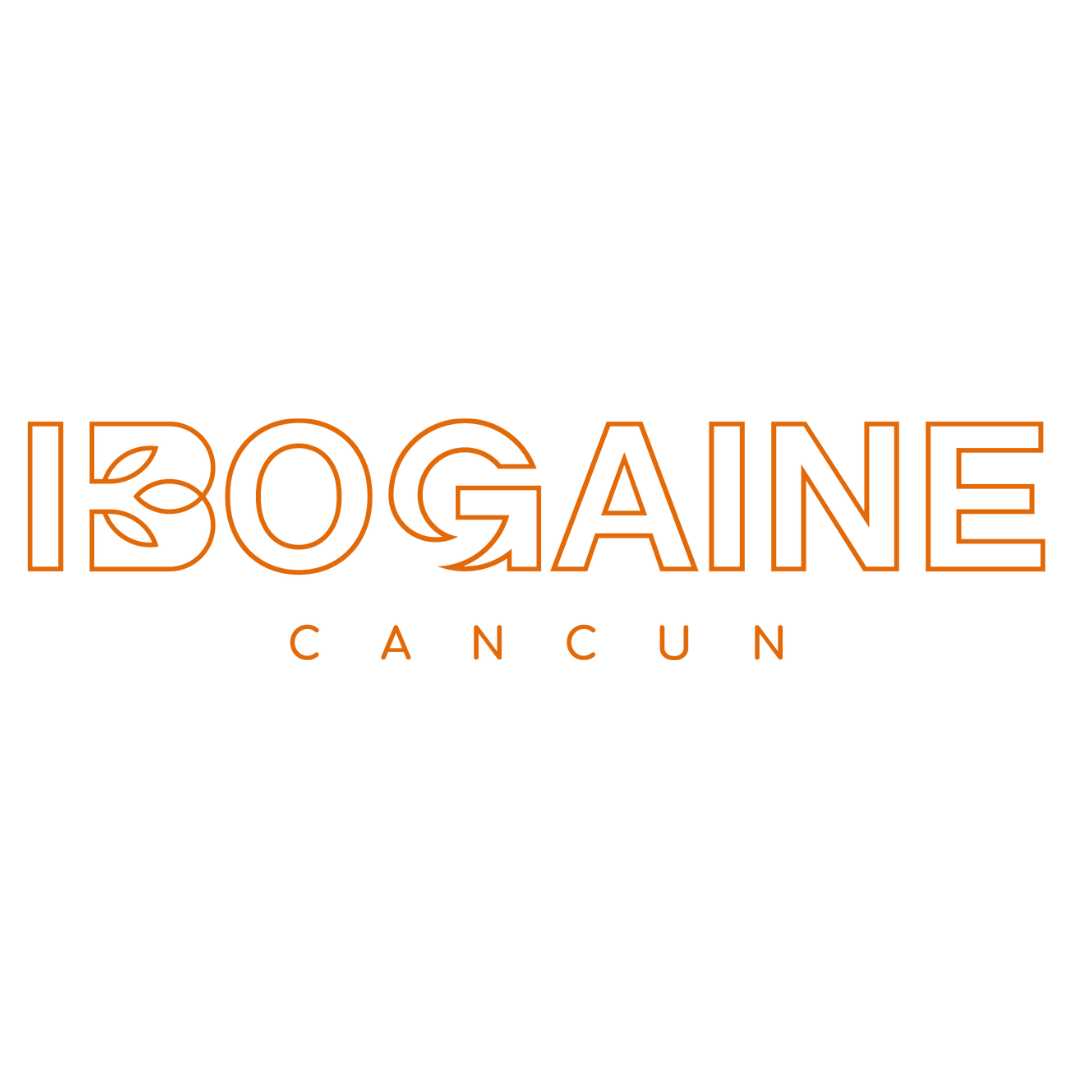
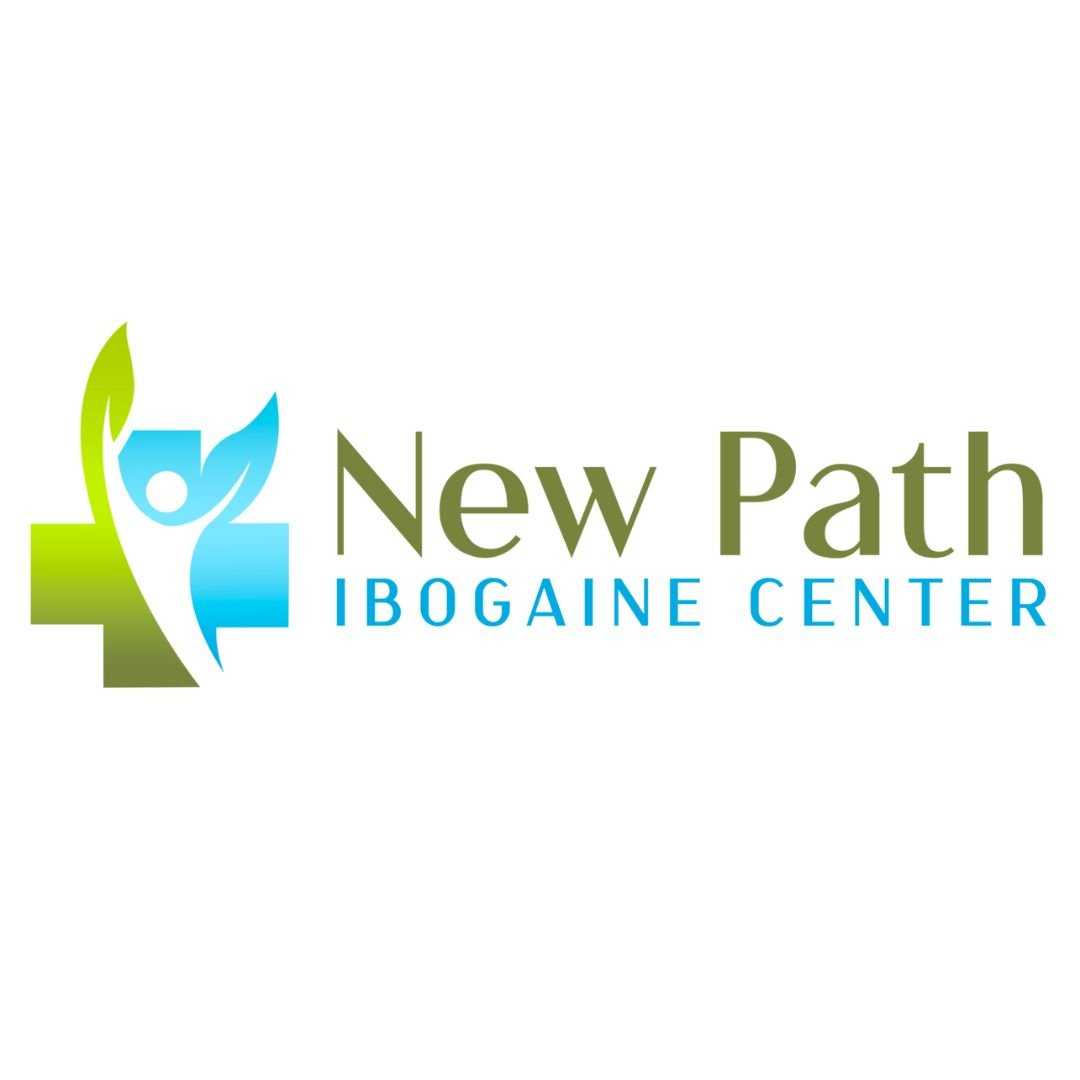

Share this listing